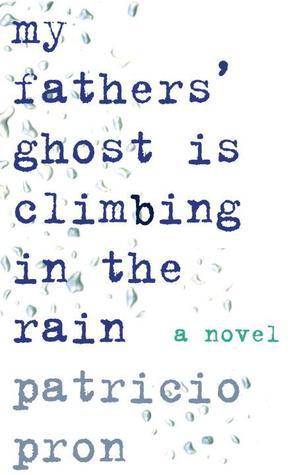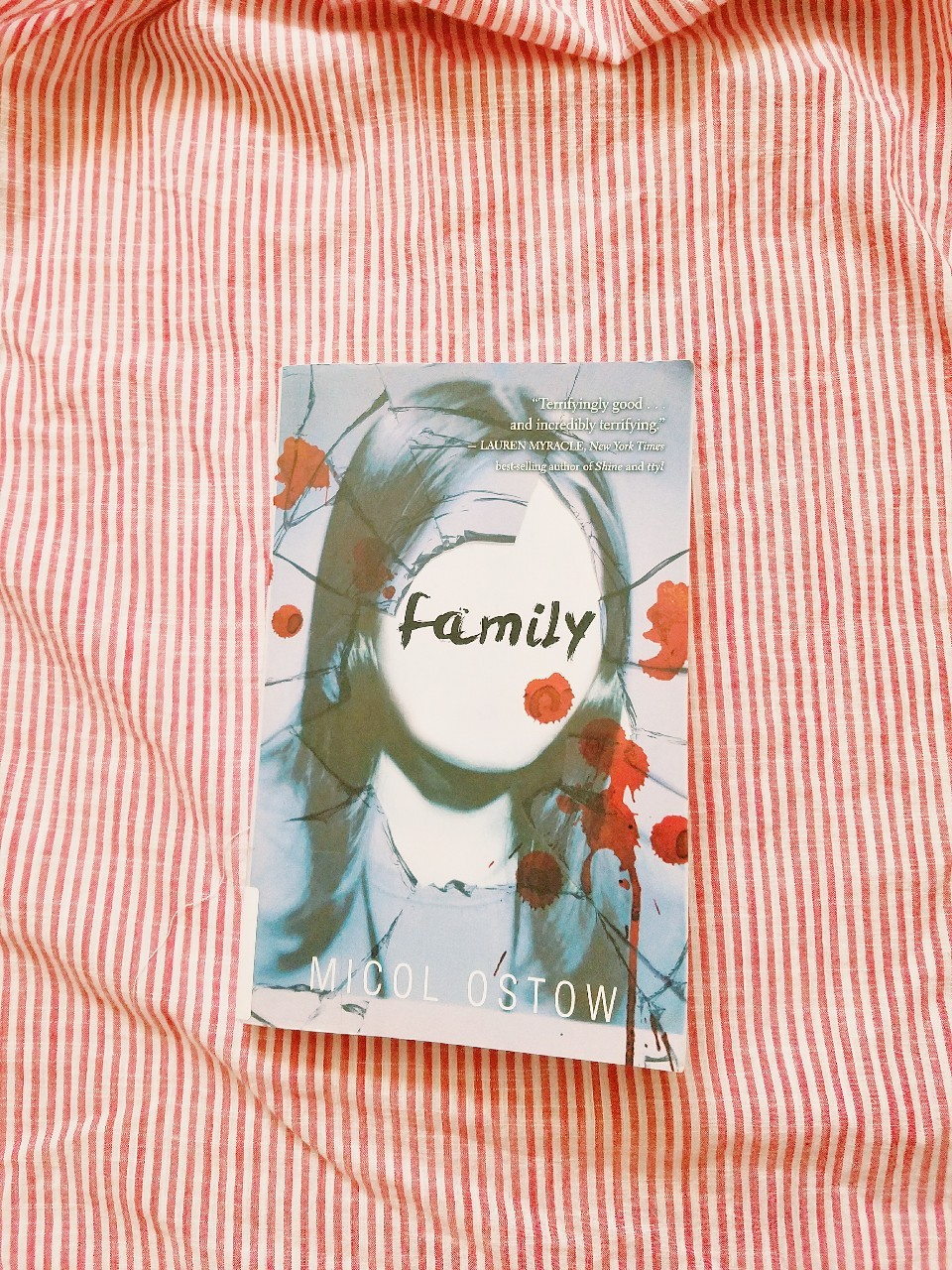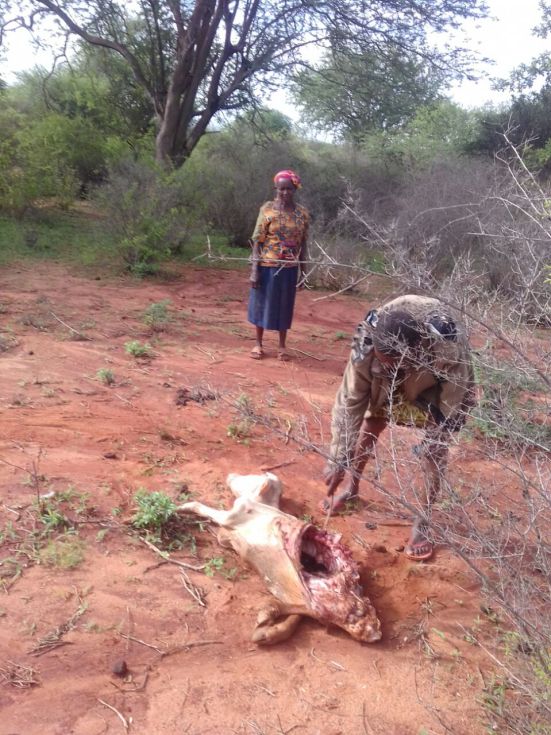
Reader: Blaga
Topic #4: Read a book set in Central or South America, written by a Central or South American author
Book: My Father’s Ghost is Climbing in the Rain, by Patricio Pron; translated by Mara Faye Lethem
Publisher: Alfred A. Knopf (2013)
When his father is hospitalized, the nameless protagonist of Patricio Pron’s My Father’s Ghost is Climbing in the Rain goes on leave from his work at a German university and flies back to Argentina to be with his family. And as he waits for any news regarding his father’s condition, he begins to follow a story his father has been investigating. The more he reads, the more his distant memories of Argentina’s Dirty War (ca. 1974-1983) resurface, and the better he comes to understand his family, his generation and himself.
One of the first things that made an impression on me was the novel’s flow, and the speed with which it moves. Pron masterfully plays with structure and text, creating a vivid and realistic stream of consciousness, that illuminates the inner workings of his protagonist’s mind. Some of his chapters are long, others as short as a paragraph; in some, he narrates events linearly, in others he implies events through recurring loops of thought. This is a good fit for the protagonist’s state of mind. He is a man who has been self-medicating with psychoactive drugs and sleeping pills for the past eight years in order to forget his past, and as a result his mind and memory have been scrambled into a mess that begins to untangle as the work progresses.
The novel is divided into four parts, the second of which is the most unusual. It consists mostly of newspaper articles and descriptions of photographs the narrator discovers in his father’s file. The reader not only follows the investigation more closely than a conventional approach might allow, but they also get to do so through the eyes of the novel’s protagonist specifically. Later, as his memories return and he learns more about the Burdisso siblings and their relation to his parents’ past, he makes new connections more easily and more directly; again, we are reminded that we are very much in his mind, seeing this story through his eyes. Pron uses his keen eye for detail to great effect. He observes, for example, how the file is held by two elastic bands “that could have once been white but at this point had a slightly brown tone; one of the bands held the folder from top to bottom and the other along its width, which made them form a cross; more specifically, a Latin cross.” While information like this is not crucial in itself, its presence enriches the text, making it even more of a pleasure to read.
Pron’s writing expertise would not have come through had the translation work not been equally expert. Here, I tip my hat to Mara Faye Lethem, whose top-notch translation seems to preserve the lyricism and flow of the original Spanish. Through my own translation experience, it is my understanding that every language flows differently from the others, and it is therefore rare to find a way to transmit a text that feels at all the same as the original. Professional translation goes far beyond simply finding equivalent words (although this alone can also be difficult) and requires a translator to find ways to convey this lyricism from one language to the next. I am not a Spanish speaker myself, but I know enough to judge that there are all the hallmarks of an elegant translation here. Not only does the English text read well, it possesses a unique character that conveys both Pron’s style and the texture of his native Spanish. Given certain revelations during the epilogue, which I will refrain from divulging, this preservation of style is essential to the book and to the author himself.
Altogether, this novel is a real gem. Patricio Pron has proven himself a master wordsmith who can manipulate a text’s structure and flow with ease and confidence. My Father’s Ghost is Climbing in the Rain is not only a noteworthy work, but also one that possesses an insight into a generation that survived the Dirty War and must keep on living in its aftermath. Highly recommended.
Advertisements share this post:




